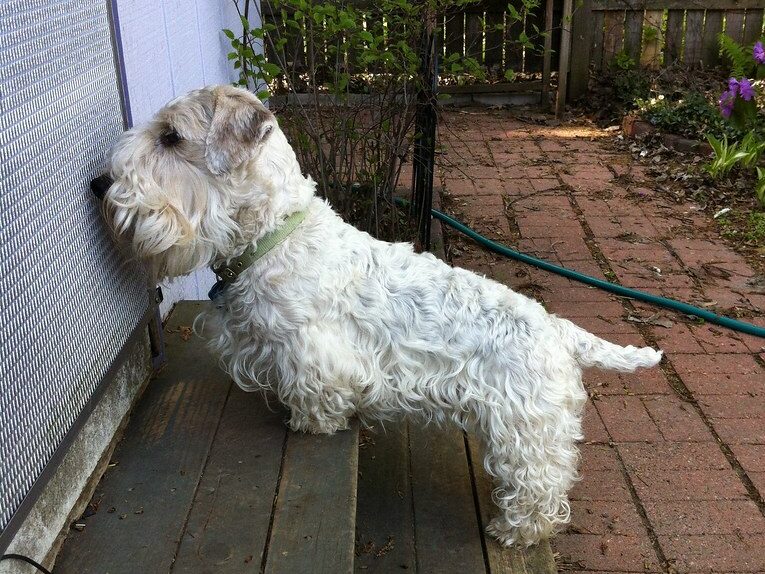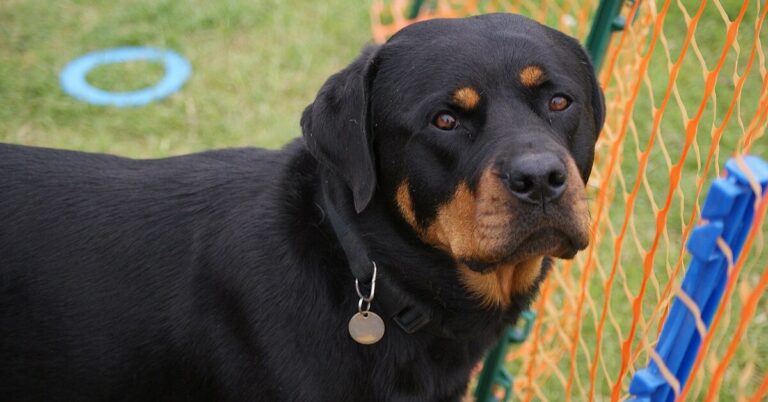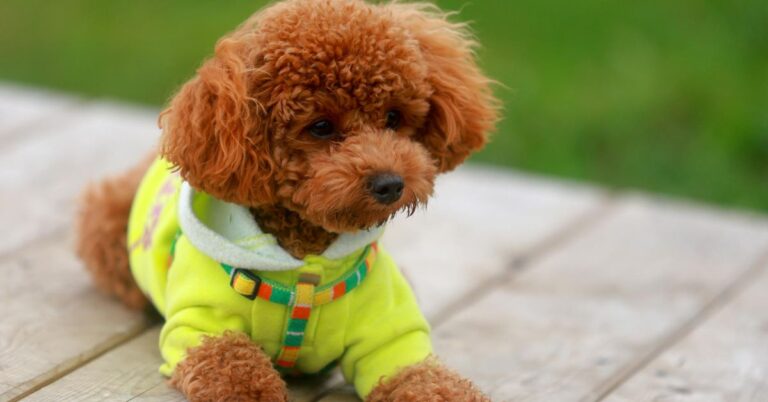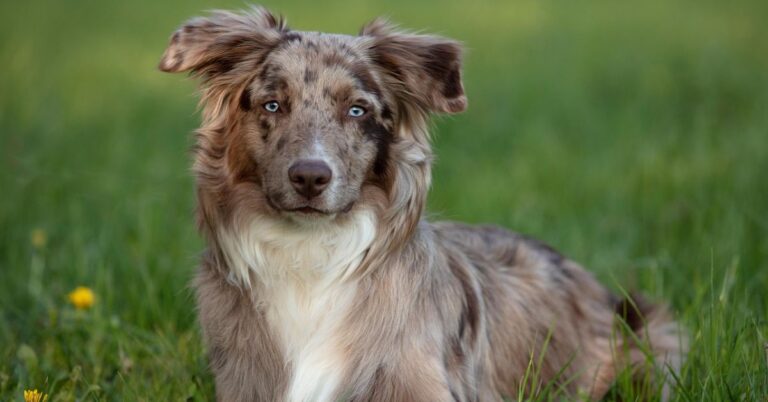15 Dog Breeds That Are Prone to Sudden Aggression
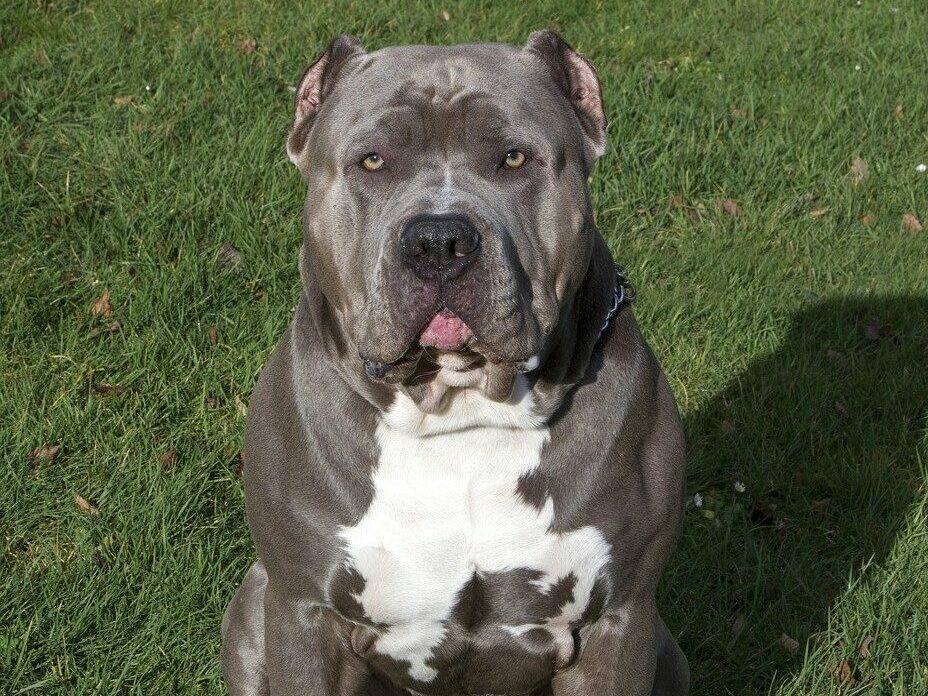
While most dogs are loving and affectionate, some breeds are more prone to sudden aggressive behaviors. This doesn’t mean these dogs are inherently dangerous, but rather that their temperament requires extra attention, training, and care to manage. Here are 15 dog breeds known to have the potential for sudden aggression in certain situations.
Chihuahua
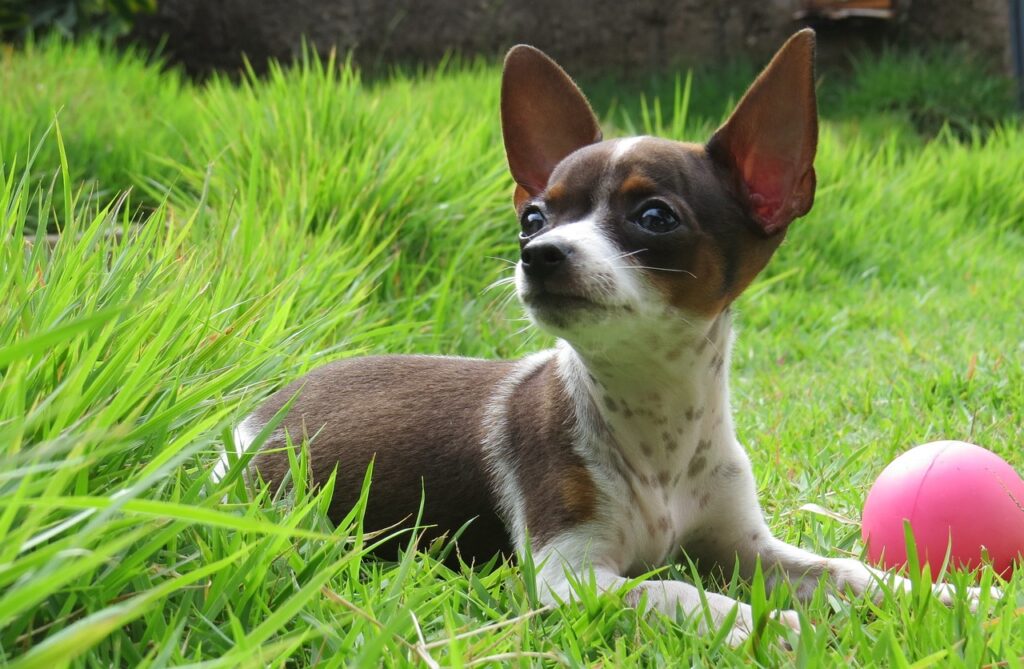
Despite their small size, Chihuahuas have a big personality and tend to be protective, especially in unfamiliar situations. These dogs are often described as being bold and fearless, which can sometimes come across as aggressive behavior. They can react by snapping or growling if they feel threatened, cornered, or handled roughly. Socialization is crucial for Chihuahuas, as it helps them become more comfortable with strangers and new environments.
Dachshund
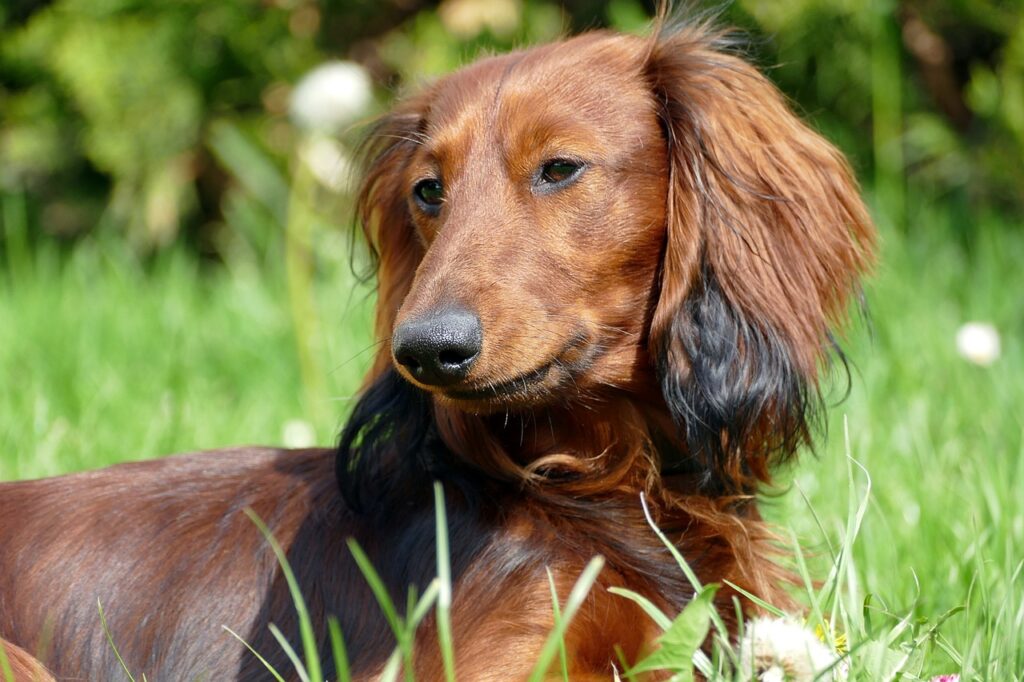
Dachshunds may be small, but their hunting background gives them a tenacious and bold attitude. Originally bred to hunt badgers, they can be fearless and sometimes overly confident, which may manifest as sudden aggression. They can become snappy or defensive if startled or feel like their territory is being infringed upon. Their strong will and stubbornness mean that training is critical, but Dachshunds often require patience and consistent boundaries to prevent them from reacting impulsively.
Jack Russell Terrier
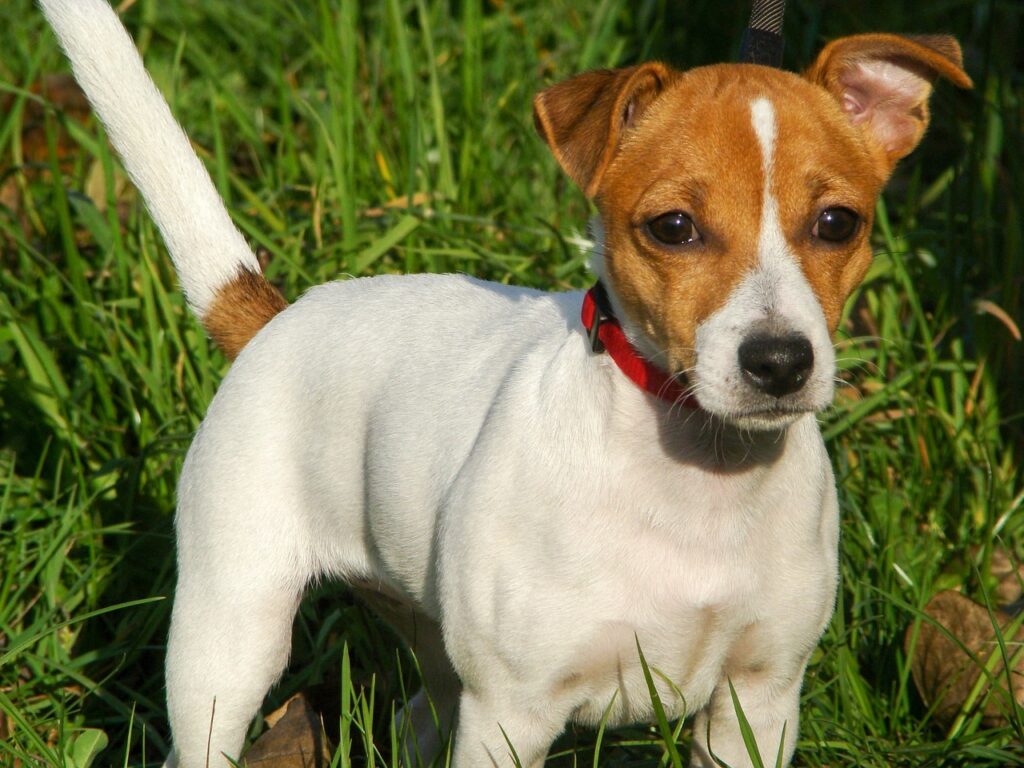
Jack Russells are energetic and have an instinct to hunt and chase, making them unpredictable in some situations. Their intensity and high prey drive can cause them to react aggressively if they feel overstimulated or frustrated. Without enough physical and mental exercise, they can lash out unexpectedly. Training a Jack Russell to manage their energy and impulses is essential to avoid sudden aggressive behaviors, mainly when they are around smaller animals or children.
Rottweiler
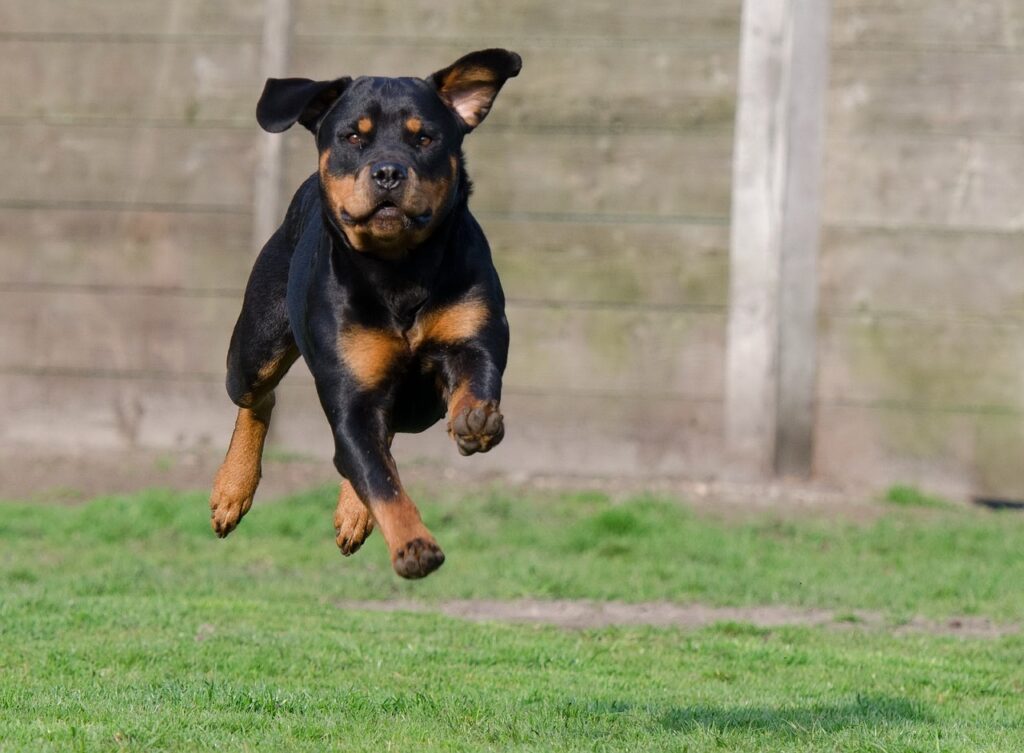
Rottweilers are loyal and protective. While these traits make them great guard dogs, they can also lead to sudden aggression if the dog feels its family or territory is being threatened. Rottweilers are naturally wary of strangers and can react aggressively if they are not socialized from a young age. Their size and strength make this particularly concerning, as an untrained or poorly socialized Rottweiler may become dangerous in certain situations.
Akita
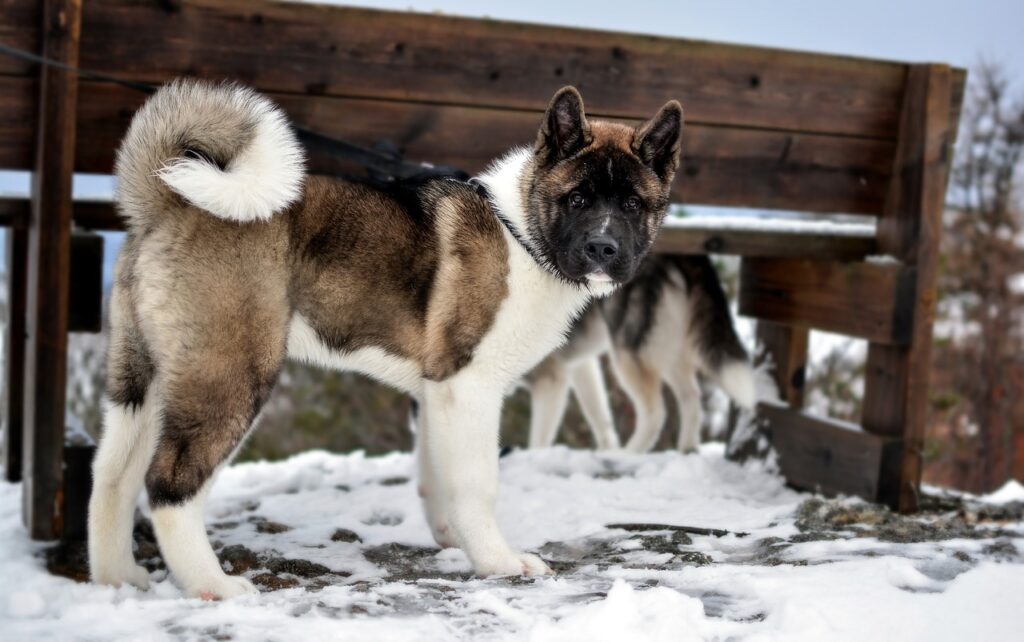
Akitas are dignified and loyal but also have a reputation for being independent and, at times, aloof. Bred as hunting dogs, they have a strong prey drive and a tendency to be territorial, which can result in sudden aggressive behavior if they feel their space is being invaded. As a result, Akitas need consistent training to manage their guarding instincts. Though they can be loving family pets, they are often suspicious of strangers and may react aggressively if not properly socialized.
American Pit Bull Terrier
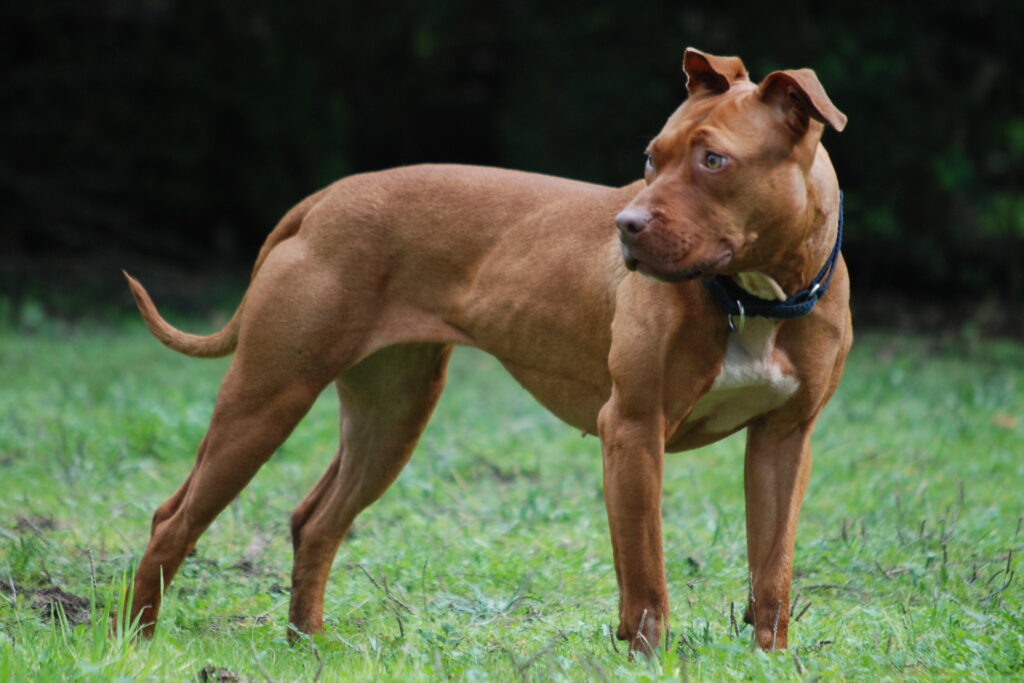
Pit Bulls are muscular, energetic dogs that, despite their reputation, can be affectionate and loyal. However, their strength, tenacity, and strong loyalty can sometimes result in sudden aggression, especially if they feel their family is being threatened. Though they are often loving pets, their natural tendencies mean they require early and consistent training and responsible handling.
Chow Chow
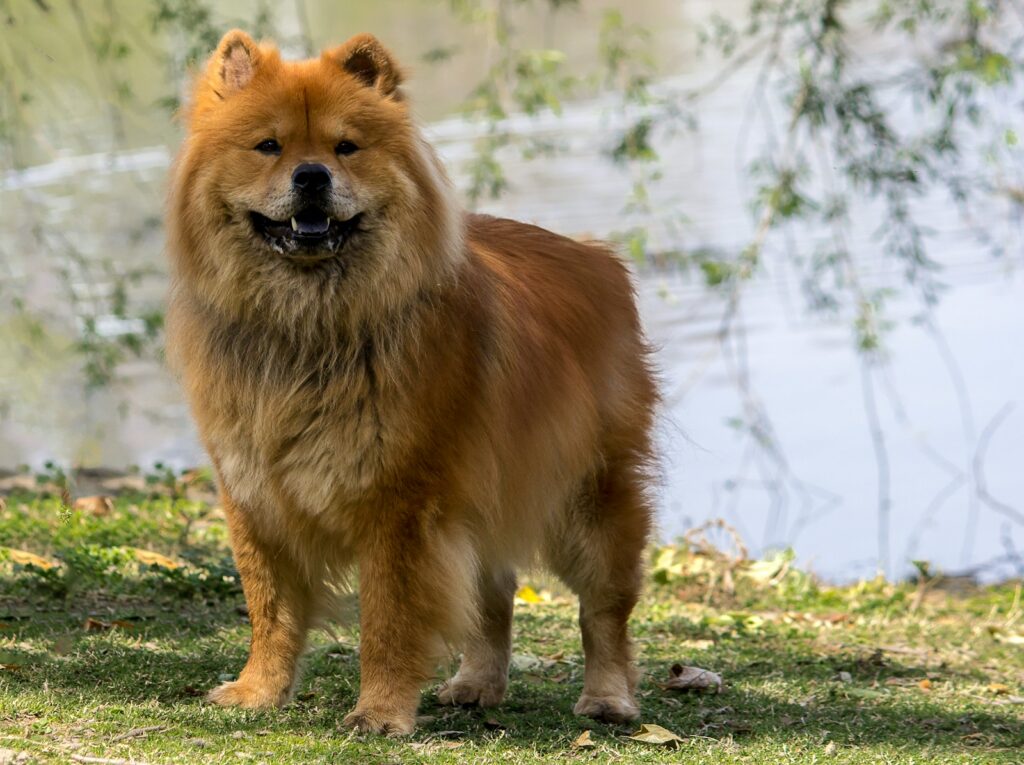
Chow Chows are known for their distinctive appearance and independent attitude. They are often aloof and reserved, traits that can sometimes lead to sudden aggression if they feel provoked. Chows are naturally protective of their territory and can be suspicious of strangers, which can make them react unexpectedly. A Chow might lash out as a defense mechanism if they feel cornered or uncomfortable. Early and consistent socialization, along with patient training, can help reduce the chances of aggression.
Cocker Spaniel
Though Cocker Spaniels are generally seen as friendly family dogs, some lines are known for having issues with sudden aggression, sometimes referred to as “Cocker Rage.” This is a rare condition that causes the dog to become unexpectedly violent, often without warning. While this condition doesn’t affect all Cocker Spaniels, those who do exhibit it can be difficult to predict.
Doberman Pinscher
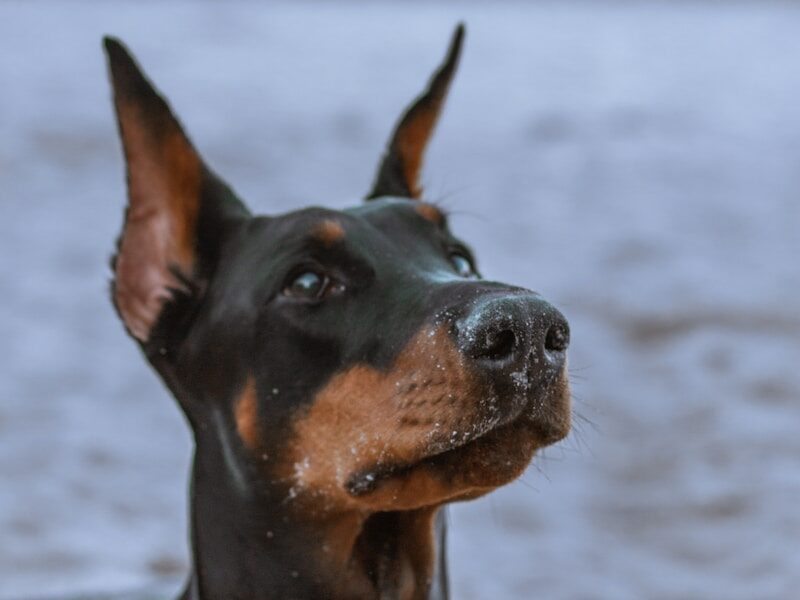
Doberman Pinschers often work as guard dogs due to their protective instincts. However, this same instinct can lead to sudden aggressive behavior if they perceive a threat to their family or home. Dobermans are naturally vigilant, which can make them reactive if not properly trained. Regular training and socialization will help a Doberman learn to appropriately manage its protective instincts.
Shar-Pei
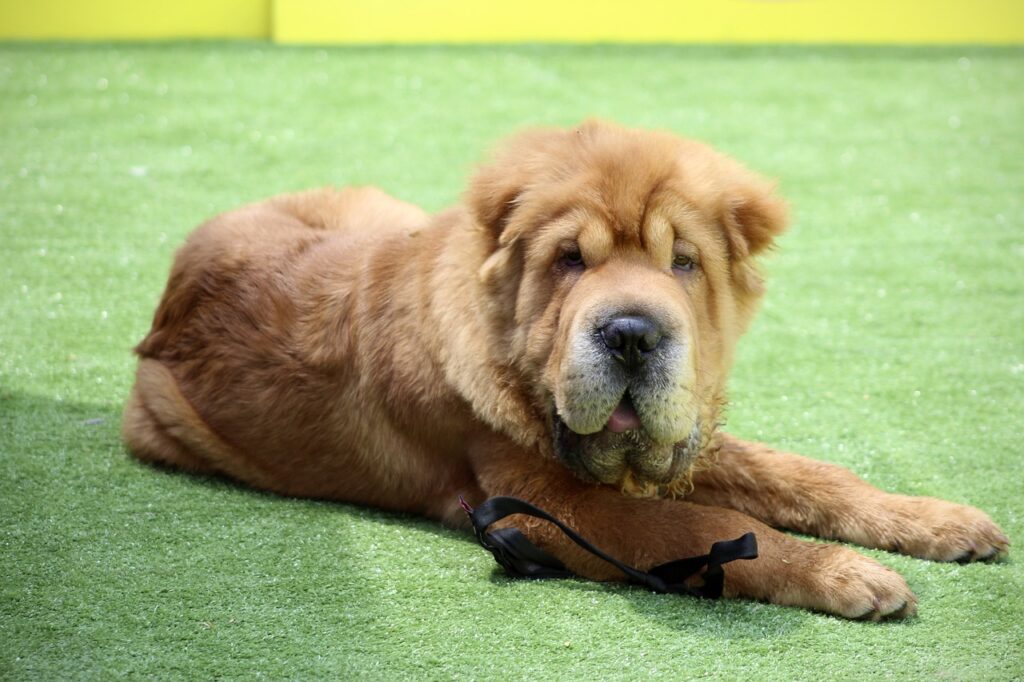
Shar-Peis may look approachable, but they can be surprisingly aggressive when it comes to guarding their territory. Bred as watchdogs, Shar-Peis are naturally suspicious of strangers and may react with sudden aggression if they feel their space is being threatened. They are independent dogs that often don’t seek out attention from people they don’t know, and without proper socialization, this suspicion can turn into aggressive outbursts.
German Shepherd
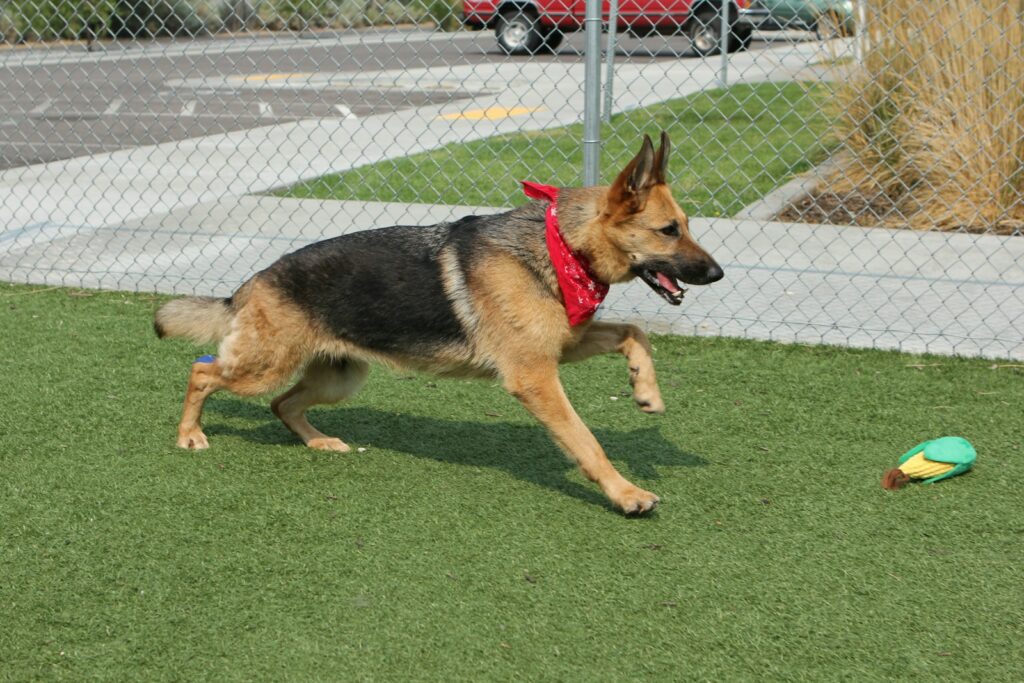
German Shepherds are one of the most intelligent breeds, often used in police work and as service dogs. However, their strong protective instincts can lead to sudden aggression, especially if they feel their family or home is in danger. German Shepherds need to be well-trained to manage these instincts, as they may overreact to perceived threats. Socialization from an early age is crucial, as they can become overly territorial or reactive if not accustomed to new people, animals, or situations.
Belgian Malinois
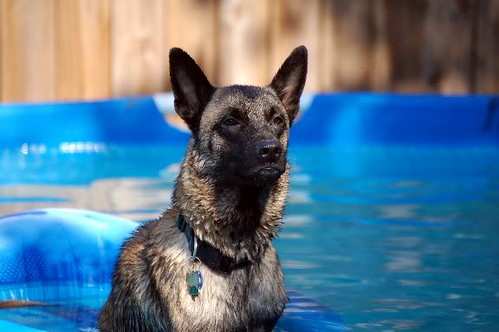
Belgian Malinois are highly active and intelligent dogs, frequently employed in military and police roles due to their drive and focus. However, their high energy and intensity can sometimes result in sudden aggressive behavior, particularly if they are not properly exercised or mentally stimulated. Without an outlet for their energy, Belgian Malinois can become frustrated or overly anxious, leading to unexpected outbursts.
Lhasa Apso
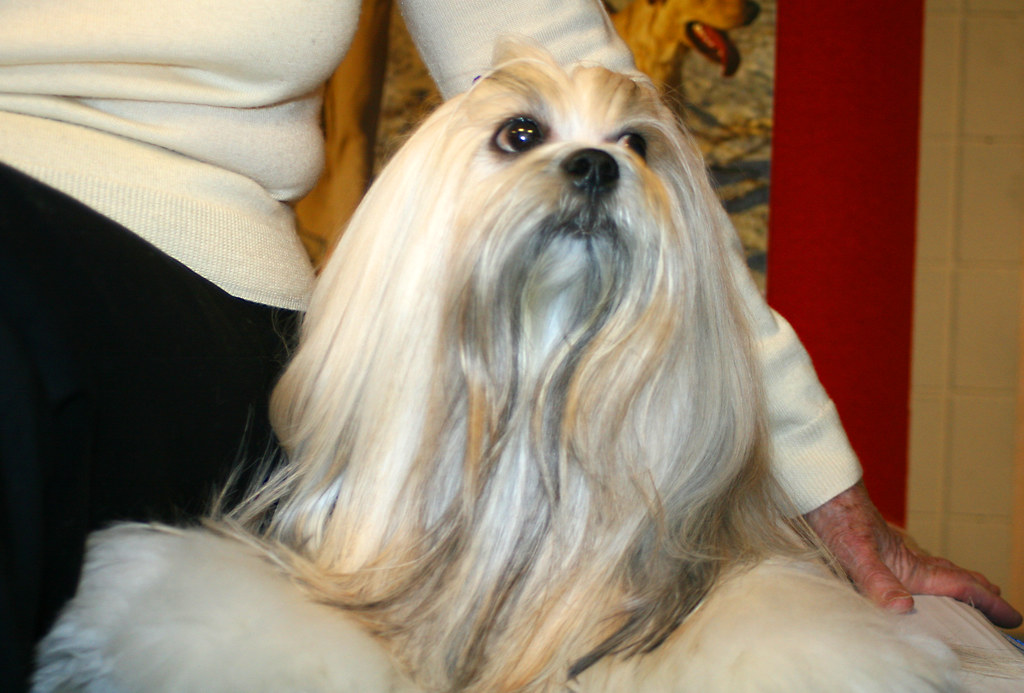
Lhasa Apsos may be small, but they have a big attitude, especially when it comes to guarding their territory. Historically bred to protect monasteries, they are naturally suspicious of strangers and can be prone to sudden aggression if they feelthreatened. Lhasa Apsos are known to be independent, and while they can be affectionate with their families, they often react strongly to unfamiliar people or animals. Early socialization and proper training will help them feel more comfortable in different situations.
Bullmastiff
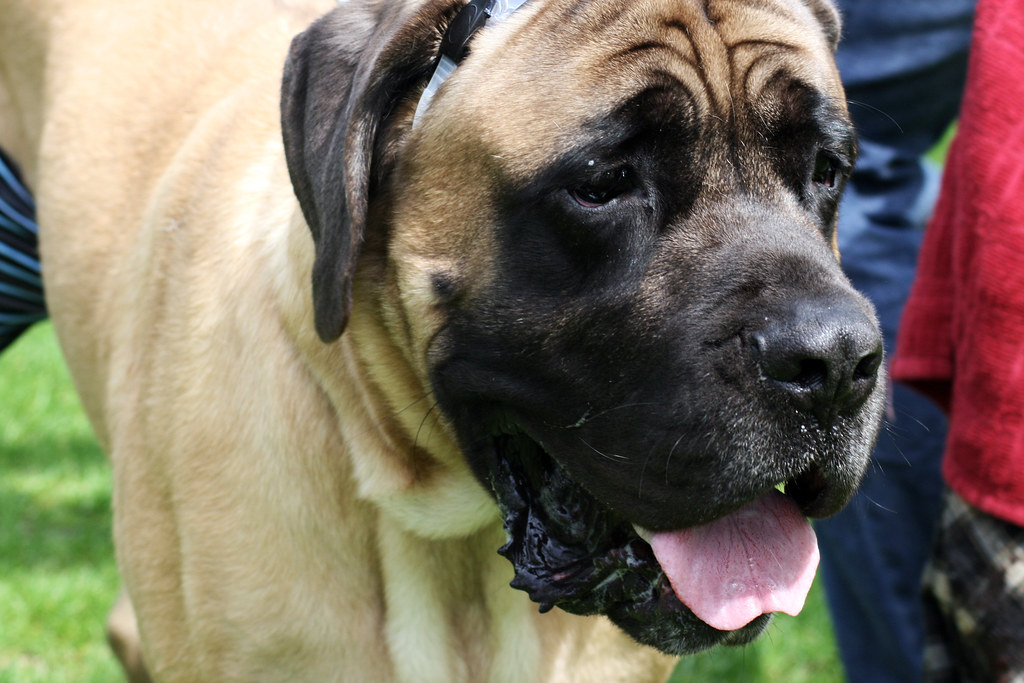
While they are generally calm and affectionate with their families, their protective nature can lead to sudden aggression if they perceive a threat. Bullmastiffs are often wary of strangers and can react defensively if someone enters their territory unannounced. Due to their size and strength, it’s vital that Bullmastiffs are well-trained and socialized to prevent any aggressive tendencies from becoming dangerous.
Australian Cattle Dog
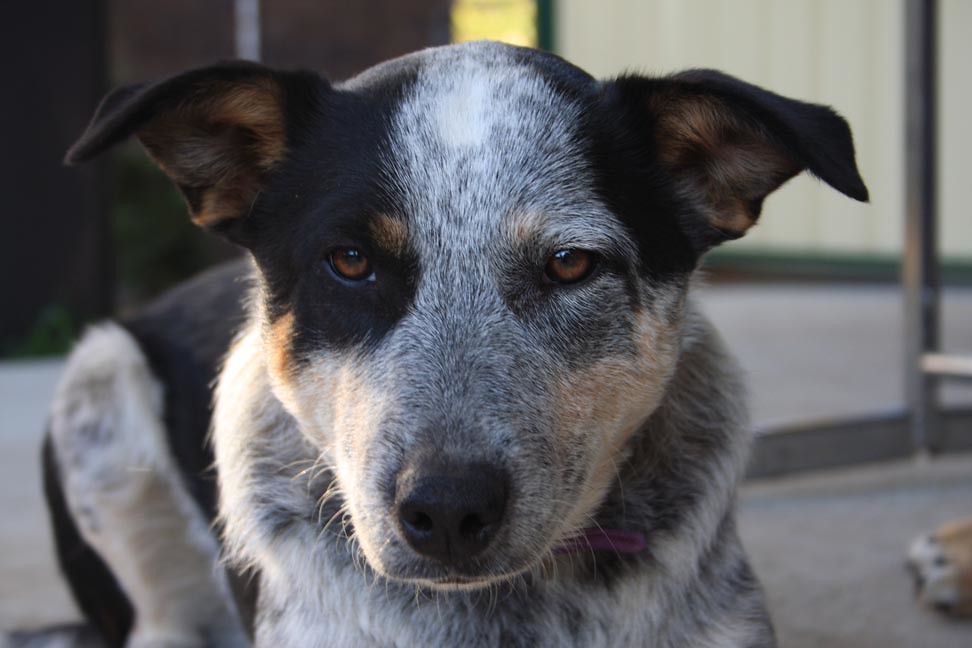
Australian Cattle Dogs are intelligent and energetic, but their strong herding instincts can sometimes lead to aggressive behavior. They are known to nip and bite when herding, and this behavior can extend to people if they feel the need to assert control. Without sufficient exercise and mental stimulation, Australian Cattle Dogs can become frustrated, which can result in sudden outbursts of aggression.
